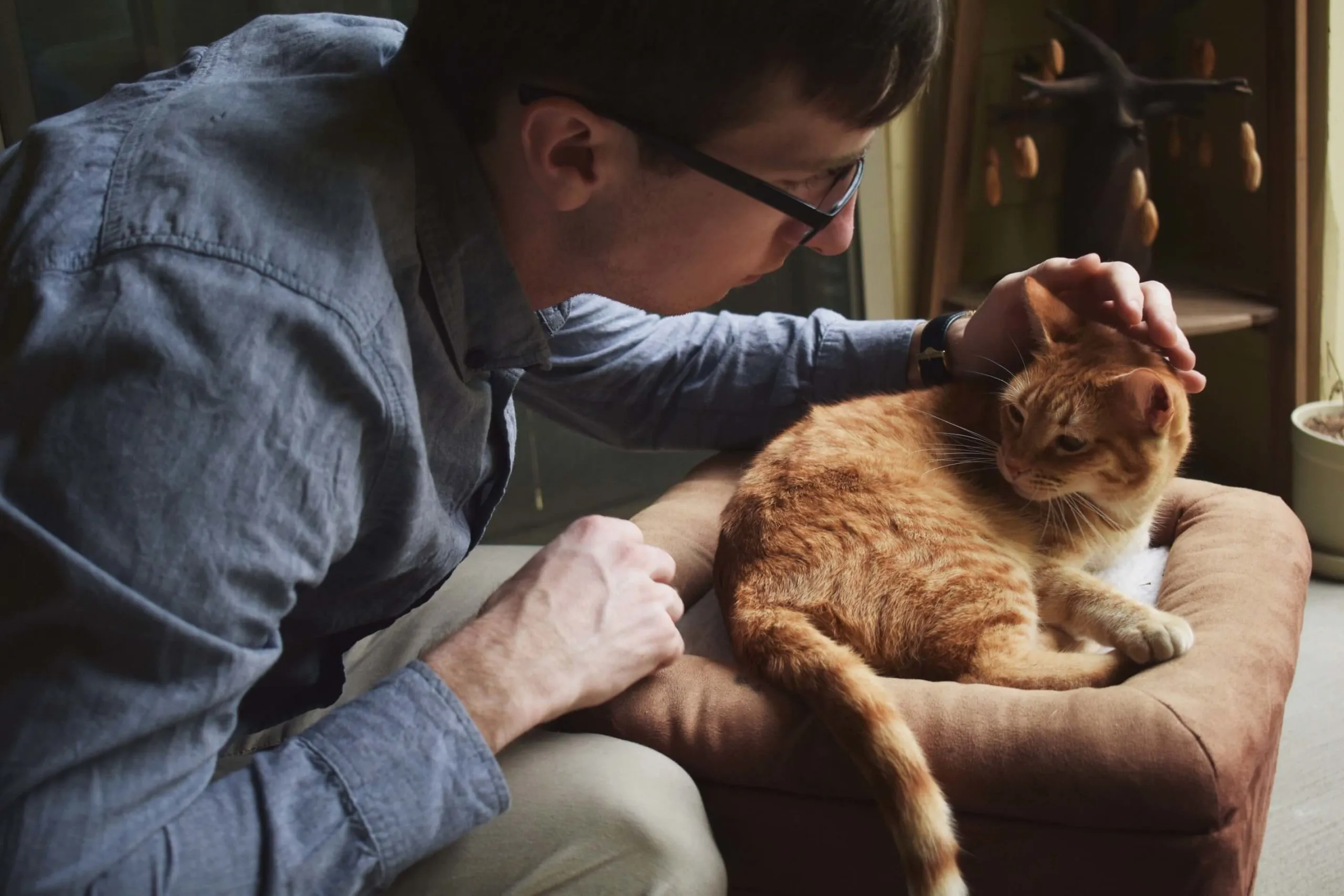Relief Medicine: Why soft skills trump surgical skills


As veterinarians, we understand the importance of practicing “good medicine” (and we all know not everyone does). But clients often take good medicine for granted, so what’s really important to them? What do they value the most? They don’t realize it, but it’s the soft skills – effective communication, confidence, a warm personality, thoughtful time management, empathy, decisiveness, and the feeling that we truly care about their pet. They seek a vet with the ability to explain things in a simple and straight-forward way, and of course, make their pet healthy again.
Unfortunately, some of the most important skills in today’s veterinary world are arguably the most difficult to teach in school. Effective communication skills are what employers and their clients need and want in a fast-changing complex environment. The good news is that this soft skill can be learned through practice and experience, as long as it remains a focus and a goal.
I am often asked by new clients to provide second opinions about medical issues for their pets. Their main reason being that they did not trust how their pet was being treated by their previous veterinarian. They express confusion, skepticism, and discomfort with the information they were given and they don’t have confidence in what was done, why it was done, or if the treatment protocol itself was legitimate.
After I listen to the client for several minutes and ask open ended questions about his or her pet’s history, I often agree with the steps and medical approach of their prior doctor. The correct diagnostics had been performed and the subsequent treatment protocols were in line with standards of care. So, what was missing?
Communication is key!
In many cases, this is simply a communication problem. Clients feels taken advantage of because they leave with a bill for hundreds, sometimes thousands of dollars, their pet is still sick, and they were never made to understand why the tests were performed or how the prescribed treatments will improve their pet’s presenting problem.
My approach is to reinforce the first opinion, while building trust. I explain to them that their vet acted in accordance with standard of care, and that I would, in fact recommend a similar course of action. I basically offer the same medicine; however, I am the one earning a new client, receiving all the praise, and the other vet is now down a client.
This is how having “soft skills” can be the difference in perception between a “good” vet and a “bad” one.
Dr. Heller is Chief Growth Officer for IndeVets.
More from IndeVets:
Flexible staffing vs. relief veterinarians – What’s the difference?
Listening, empathizing, and “reading” whether the client understands us can make all the difference.
Tips for improving soft skills
Sometimes, it’s just about speaking slowly, taking a little more time, and asking the client if everything is making sense. I often interrupt my in-depth explanations to ask, “Do you have any questions so far?” or “Is this making sense?” If you see a look of confusion or worry, don’t ignore it. Explain it another way or provide a common example they can relate to.
Do your best to empathize with them, and clearly and simply explain the differential diagnoses, describe which tests can help rule in or out each one, and then offer them “Plan A” – the gold standard treatment (often already in place by prior vet) or more importantly, a “Plan B” if funds or practicality get in the way. Giving this choice, reinforces that you also care about them, not only their pet.
To be better communicators, we must first have clarity about our message and be able to convey it simply and succinctly. As doctors, we are used to medical terminology, words we use and hear daily, but most clients need it in layman’s terms. Also, perfecting our own body language will convey confidence in ourselves and improve persuasion with clients.
As IndeVets, we believe effective communication is the key to achieving success for our hospitals and their patients, more so than any one hard skill or surgical technique. It’s been said that “the single biggest problem in communication is the illusion that it has taken place.” We say, communicate well and often. Develop a positive attitude about improving and encourage others around us to do the same.
Contact us today to learn more about becoming an IndeVet, or view open positions now and apply!
